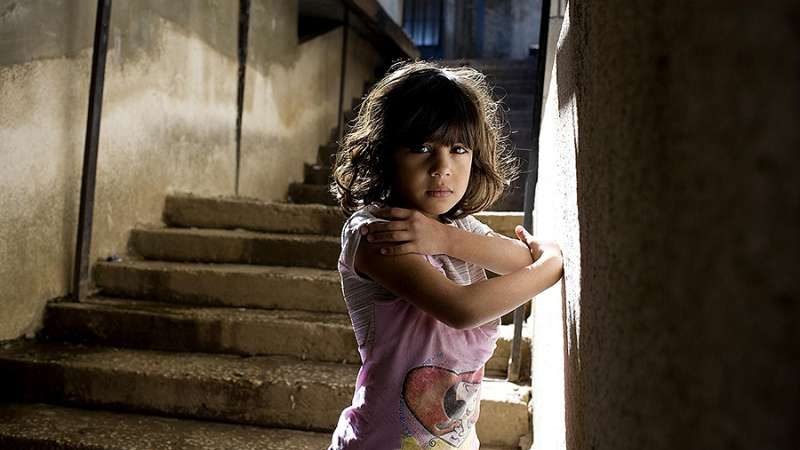A bipartisan group of 18 senators is urging the Trump administration not to shut down refugee admissions, but rather to increase admissions.
Citing “alarming” reports that the administration might cut off refugee admissions in FY 2020 amidst what the United Nations Refugee Agency says are the “highest levels of displacement on record,” the letter from the senators asks the administration “to increase the refugee resettlement cap and to admit as many refugees as possible within that cap.”
“America has an obvious interest in demonstrating and promoting freedom of religion to the world, including accepting refugees who flee persecution because of their faith,” states the letter to Secretary of State Mike Pompeo, Health and Human Services Secretary Alex Azar, and Acting Secretary of Homeland Security Kevin McAleenan.
The letter initiative was led by Sens. James Lankford (R-Okla.) and Chris Coons (D-Del.).
A bipartisan group of senators signed on to the letter, including Senators John Thune (R-S.D.), Patrick Leahy (D-Vt.), Lisa Murkowski (R-Alaska), Tina Smith (D-Minn.), Mike Rounds (R-S.D.), Tom Carper (D-Del.), Rob Portman (R-Ohio), Kristen Gillibrand (D-N.Y.), Susan Collins (R-Maine), Jeanne Shaheen (D-N.H.), Roy Blunt (R-Mo.), Tammy Baldwin (D-Wis.), Marco Rubio (R-Fla.), Chris Van Hollen (D-Md.), Cory Gardner (R-Colo.), and Edward Markey (D-Mass.).
The refugee admission quota is currently at its lowest recorded level, a cap of 30,000 for FY 2019. That’s lower than the FY 2018 cap of 45,000, and just half of that number were actually admitted to the U.S. in FY 2018.
Now admissions could be shut off entirely in FY 2020. Politico first reported on July 18 that Trump administration officials were considering setting refugee admissions at zero, or limiting the number of admissions to anywhere from 3,000-10,000.
The chair of the U.S. bishops’ migration committee, Bishop Joe Vasquez of Austin, said the report “if true, is disturbing.”
“The world is in the midst of the greatest humanitarian displacement crisis in almost a century,” he said. “Eliminating the refugee resettlement program leaves refugees in harm’s way and keeps their families separated across continents.”
Bishop Vasquez called for a return to the “historic norms” with resettlement goals of 95,000 refugees.
The Trump administration’s reduction in refugee admissions comes after the Obama administration accepted around 85,000 refugees in FY 2016, and planned to accept 110,000 refugees in FY 2017 before Trump ordered a four-month halt to refugee admissions to review the program when he took office, ultimately capping the number at 50,000 for the fiscal year.
The senators said they were “especially surprised” at the news of a possible shutdown in refugee admissions after the State Department’s Ministerial to Advance Religious Freedom held in Washington, D.C. from July 11-13.
The second annual Ministerial was a gathering of religious and civic leaders from all around the world to discuss religious persecution and religious freedom. Survivors of religious persecution from various countries shared stories of harassment, imprisonment or torture on account of their religion.
Citing U.S. interest in harboring survivors of religious persecution, the letter says that “In fact, the administration acknowledges the partnership between refugee admission and protection of inherent human rights in both the 2018 Report on International Religious Freedom and the 2018 Country Reports on Human Rights Practices.”
As for concerns about security, the U.S. Refugee Admissions Program (USRAP) is successful, the letter said, with refugees being “some of the most well-vetted travelers in the world” having to undergo “biometric and biographic checks” in “multiple stages throughout the process.”
Furthermore, the number of refugees alone who have either completed the screening process or are close to completing it would fill this year’s quota and would extend into next year, the letter said.
Citing the concerns of illegal immigration at the U.S.-Mexico border, the letter states that “It is inconsistent to maintain policies that promote in-country asylum and simultaneously eliminate the legal refugee process.”

